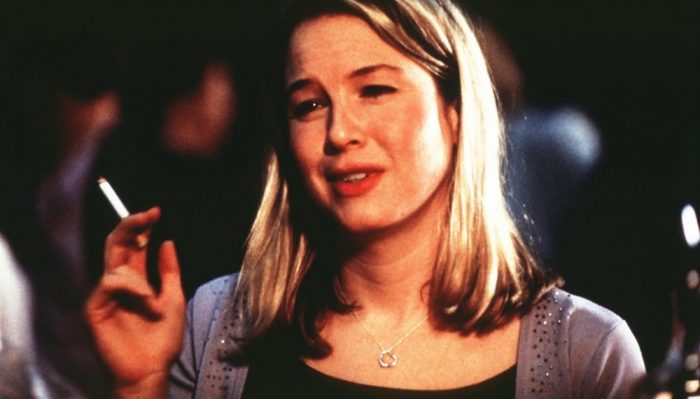I am wondering why we, as individuals and as a society, tend to become obsessed with the idea of romantic relationships—and why we often indirectly attach our own personal value to it.
Why we get so overwhelmed when love goes away, why we focus on it that much, why we may go through such dark nights of the soul if we break up or get divorced.
This question initially came to me when I was a teenager. I was 15, and already girls were gathering in circles to speak about men, about which one was looking at which of our group of young women in blossoming. Strangely, this is also how we were finding our personal value: the young ladies who were the most looked at and offered glasses of bad, strong alcohol were, evidently, the most lovable.
We learned at a young age to identify our own worth with how the external was perceiving us. We learned to think that our worth was equal to the importance men were giving us. We learned to relate our own value with our ability to find a partner.
As we grew older, this slowly moved to who was in a relationship. And who wasn’t. Also, to which type of men we were dating.
I remember the energy of almost a sports race that we were facing as we entered the business world, and we were finding our individual value in the job, position, and status that we had, but also that our boyfriend of that time was having—and promises for our own future were linked to the money that we were both making as a couple.
I remember how distorted this felt to me as I grew up with a single mother, raised by her and my grandmother. I remember thinking that such entanglement was not needed to feel one’s own inner power, and that my girlfriends didn’t need to associate with a man to feel that they were enough.
Relationships should be a joy, an alignment, a free-flowing decision from the heart—not something that we do in case we.
As we grew older, me and my group of women friends, we started to define ourselves by if we were married, by how many kids we had. Sometimes, major life steps such as engagement or pregnancy were decided because this was the right time, because this is what a good woman was supposed to do at that age, that year. Decisions were not always made from a place of joy—instead, big moves were made because of societal pressure and fear of lack or of regretting that you missed the boat later.
Women are not defined by the person they are with or by the fact that they are child-free or not.
Society has this magical ability to guilt us or shame us when we step out of the woman’s role that is expected. When women decide to be single, to be child-free, or to not seek at all the relationship paradigm, way of life, or dogma.
When I got divorced at the age of 29, I remember having to overcome people’s judgement, ideas, and thoughts about it as much as I had to face my own fears.
Some did not understand why I was able to risk it all in the name of my own fulfilment and trajectory of self-discovery. Some did not agree that finding oneself and following the unique path of individual growth and evolution could bring more, and possibly was more important in one’s lifetime, than the fact of maintaining a relationship.
As I’m writing today, I’m starting to feel the same pressure about the next level of romantic love and what it is supposed to bring. This pressure is about having children. Women are defined and have been for so long by their ability to be fertile and to produce, or maintain, a lineage.
Several religious teachings have taught and imposed for ages that women had two main duties: obey their husbands and bear children. This role was restricted and subordinate compared to the men’s one—actually way more expanded and free, as it could go to anything without actual limitations.
Of course, if we go back to early civilisations—Sparta, Ancient Rome, Early Japan, Byzantine Empire and so on—women were always supposed to caretake for children, give birth, and attend the affairs of the household. Only the Viking civilisation of Scandinavia would allow women to play a leading role in society: they could, for instance, own property, request a divorce, and, if the husband was absent or had died, women would have complete rulership of the household.
The Viking example by its uniqueness actually shows how non-standard it has been in history to allow women to play a role going beyond being a mother and a wife.
There are two main reasons why we as humans—and especially women—tend to identify our sense of self-esteem and individual value with our relationship status.
Firstly, we may rely on external validation and reassurance to feel that we are worthy. We may not be able to feel whole and complete on our own, and to understand that we are deserving even if we are single, divorced, or if our relationship goes wrong. We fail to deeply see, in our bodies, bones, and guts, that we are worthy with or without a partner—and that not having one doesn’t mean that we failed.
Secondly, we have been deeply conditioned. Not yourself, not myself—but all of us, as a society. We have been conditioned to think that women’s main role and part in this whole human script is to find man, give birth, and raise family.
How beautiful it is in fact to find love. But I’m telling you: let’s do things because they truly feel good, aligned, and free.
Let’s be in love, make love, and make babies because this feels right and happy—not from fear of not being a good woman, of not being enough, of being a failure if we didn’t become the good wife or the good mother.


 Share on bsky
Share on bsky





Read 1 comment and reply